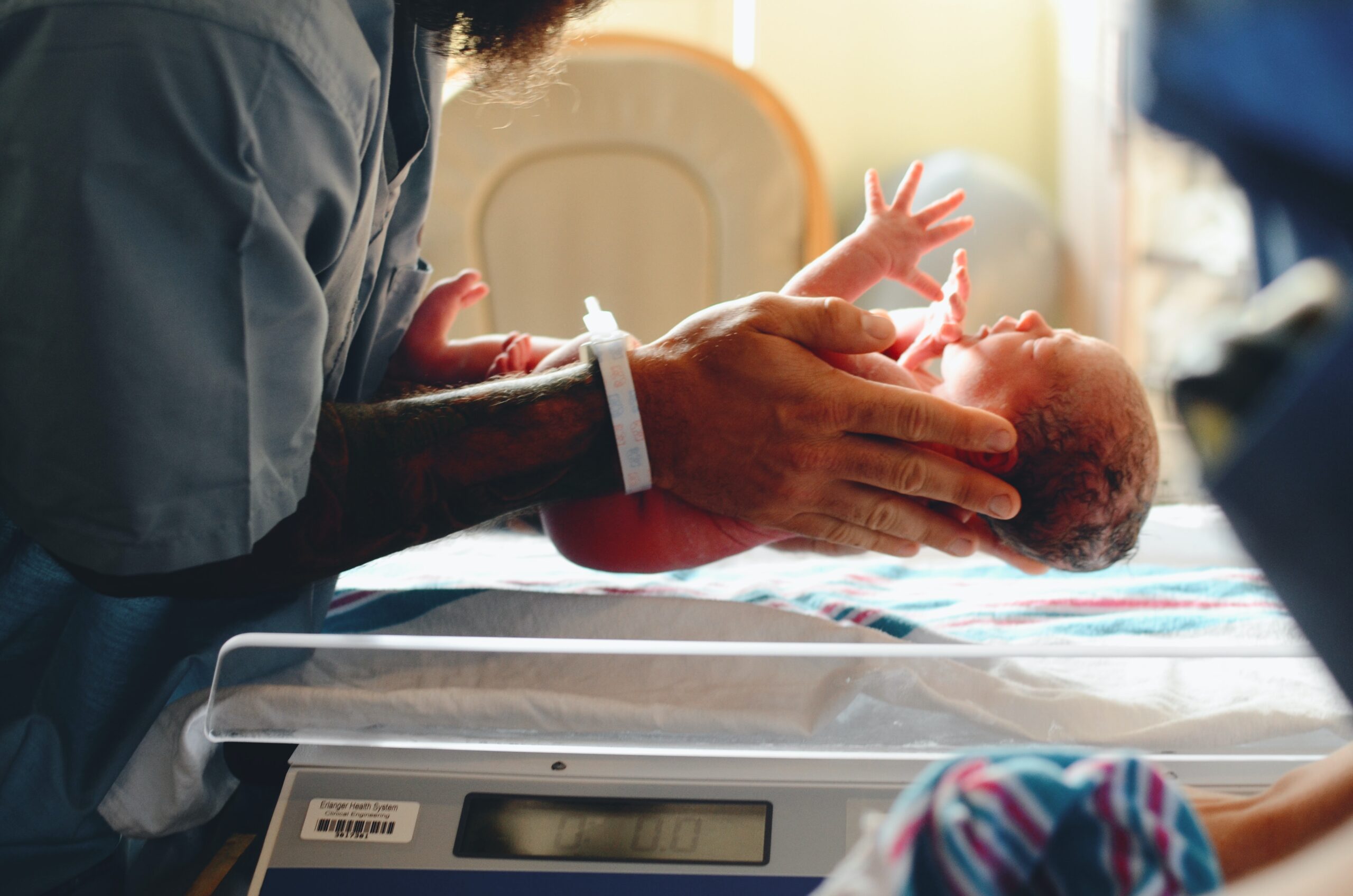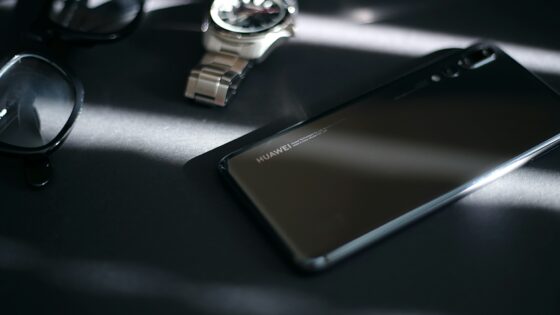The future of IVF? Spanish startup develops robot technology for fertilizing human eggs leading to the birth of two healthy babies.
In a groundbreaking development, a Spanish startup has successfully used a robot to fertilize human eggs, resulting in the birth of two healthy babies. The robot, which is controlled via a PlayStation controller, uses a tiny, mechanized in-vitro fertilization (IVF) needle and camera to deposit single sperm cells into human eggs. Overture Life developed the sperm-injecting robot, and the first two babies conceived using this technology were born at the New Hope Fertility Center in New York.
The process was carried out by a student engineer, Eduard Alba, who controlled the robot with the PlayStation controller. Alba said he felt calm during the process, considering it to be just another experiment. The startup believes that this is just the initial step towards automating IVF and making the procedure less expensive and more widely available. IVF costs are currently very high, as it requires trained embryologists to handle sperm and eggs using ultra-thin hollow needles under a microscope.
Overture Life’s technology could potentially lower the cost of IVF by carrying out the process almost automatically. According to the startup, a ‘biochip’ for an IVF lab in miniature could be developed, containing growth fluids and tiny hollows for sperm to wiggle through. Overture has already raised more than any other startup in the field, about $37 million, with funding coming partly from former YouTube CEO Susan Wojcicki.
Two baby girls have been born after being fertilized by a robot, marking a breakthrough in infertility treatments. The startup behind the robot, Overture Life, aims to automate IVF and make it more affordable and accessible. 👇https://t.co/cz8t6LDstv
— Interesting Engineering (@IntEngineering) April 30, 2023
However, fertility experts caution that this is just the beginning of a long journey toward fully automating the process. While the robot can inject the sperm into the eggs, engineers still need to load the sperm cells onto the injector needles manually. Although automating parts of the process like this could make IVF less expensive, Zev Williams, director of Columbia University’s fertility clinic, believes that humans are still better than a machine.
The father of one of the babies, who asked to remain anonymous, said it was wild that until now, IVF had always been done manually. This groundbreaking development could help many people who need help conceiving but cannot afford or access treatment. Continued research and development could eventually lead to the widespread use of robot technology to make IVF more accessible and affordable for everyone.
































